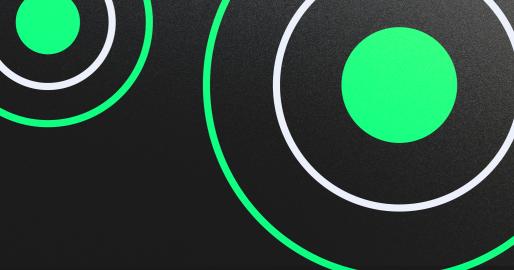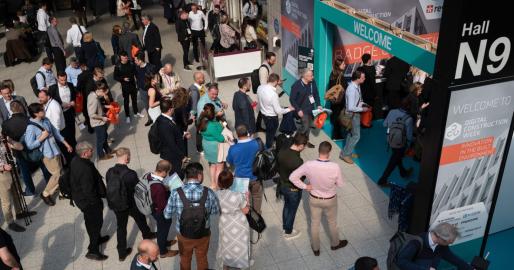Introduction to Innovation at Tribus
At Tribus, innovation rules. We seek out improvements, embrace change, and push boundaries for the benefit of our clients. This commitment to innovation culminated in the creation of the Tribus Hackathon - a dedicated day for exploring the potential of current technology and testing our team's ingenuity.
The Objective of Tribus Hackathon
The ultimate goal was to dream big and develop groundbreaking ideas in technology. The challenge was broad, inviting solutions that could benefit our clients, the general public, Tribus itself, or even society at large.
Team Formation and Roles
On Wednesday, 1st November 2023, Tribus took over the entire space at Sheaf St, Leeds, transforming it into a vibrant hub for innovation and experimentation. With Apple vouchers on the line, colleagues were pitted against each other in 5 teams:
Hack to the Future
Tango and Cache
The A.I. Team
The da Vinci Coders
Lord of the Strings
The teams assigned roles to each member, capitalising upon each individual's skill set, irrespective of their job titles. Everyone would have to muck in to make the idea a reality:
Coordinators: People to carry out research, develop ideas further, assign responsibilities within the team and help people stay on task.
Developers: Consider the technical feasibility and approach and build out a working prototype.
Designers: Produce templates, layouts and any other visual assets the team and idea might need.
Producers: Produce test data or populate content relevant to their idea so their prototype can be properly demonstrated.
The Day’s Journey: From Brainstorming to Prototyping
The day began with a briefing. The purpose of the Hackathon is to have fun, appreciate the process and requirements of other team members and disciplines, test creativity and technical skills and come up with some great ideas for feasible tech. In order to achieve this, the teams were offered a handful of starting prompts:
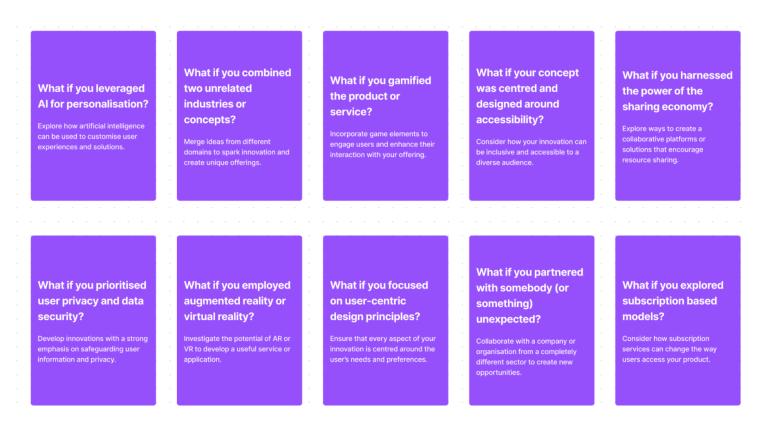
Armed with the prompts, the teams got to work, some scribbling ideas down on paper, others using whiteboard tools such as Figjam. However they set about it, the sense of innovation was palpable. By the time pizza arrived for lunch, most teams had their ideas nailed down, others had so many great ideas that they couldn’t pin themselves down.
Once decided, teams began building out prototypes. Some teams fired up their IDEs and started coding, some built out wireframes in Figma while others fleshed out their ideas in presentation and written formats. At the end of the day, every team would have to pitch their idea(s) to the group, so the pressure was on to innovate, impress and entertain.
Team Presentations: A Showcase of Innovation
Each team had just 10 minutes to pitch their idea, here’s a summary of each presentation:
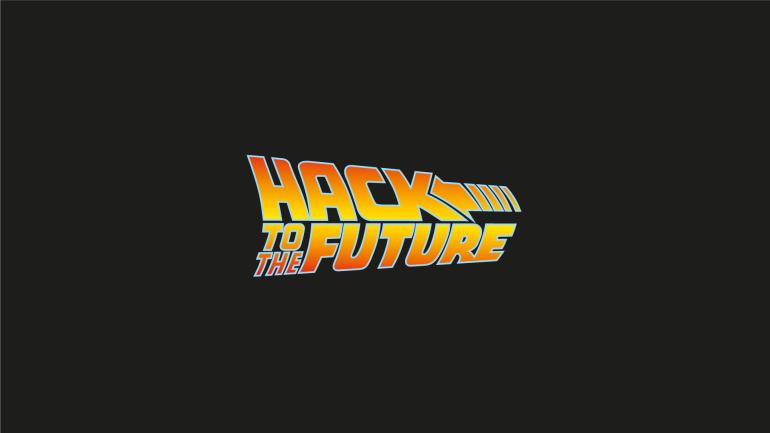
Team 1: Hack to the Future
Idea: “Quest”, a Live, closed session workshop research tool for gathering quick answers to micro surveys in a closed setting.
Hack to the Future began by presenting a problem we face regularly at Tribus: Encouraging ideation among stakeholders during the early stages of projects. During calls and in-person meetings, we’re often met with blank expressions when we try to tease out insight and build requirements for a project.
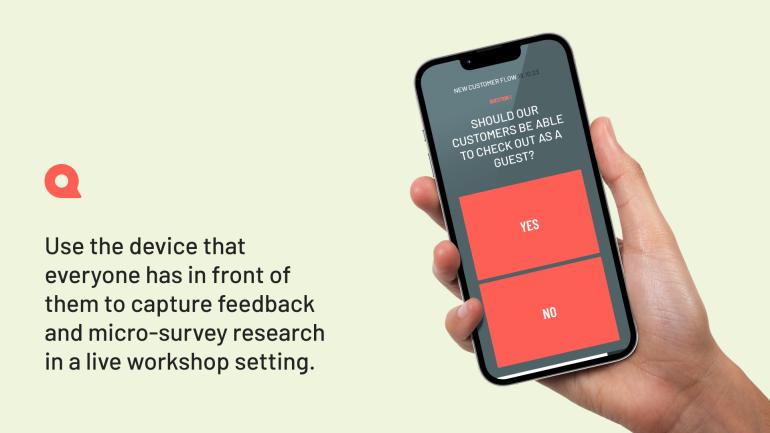
“Quest”, their solution, helps with this by providing discrete, rapid surveying. Participants might not be confident voicing their opinions or having their say in an open forum with their seniors, so Quest enables them to have their input from their individual devices. Workshop facilitators are able to set up a variety of question types, either multiple choice, ranked or open ended questions and participants can quickly respond. The idea is differentiated from a service like SurveyMonkey in its rapid, quick-fire nature, intended to ask and receive questions immediately, one at a time in a temporary session initiated specifically for each workshop or meeting.
The team were praised for their feasible idea and for developing a working initial version of the product. However, they met criticism from the wider team regarding the availability of existing tools that might be used to solve the same problem.
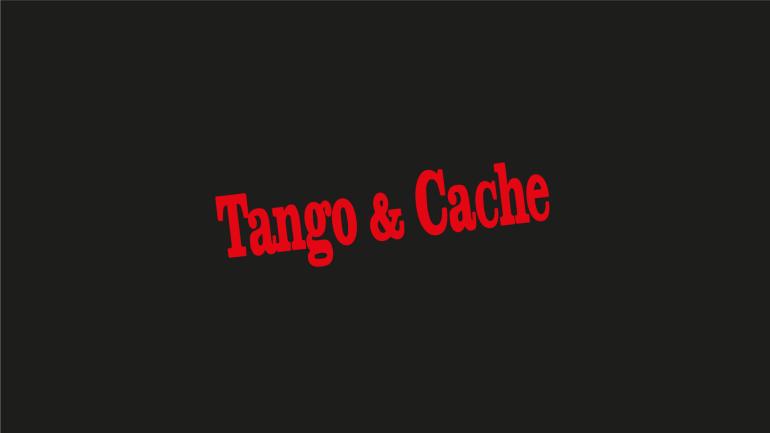
Team 2: Tango and Cache
Idea(s): “Mindease”, a mental health focussed AI and “Homebuyer Assistant” an AI designed to help users through the home buying process.
Tango and Cache took it upon themselves to double their own workload and actually developed two ideas. They began presenting “Mindease” by sharing facts and statistics around mental health in young men such as: “40% Of Men Won't Talk About Their Mental Health”.
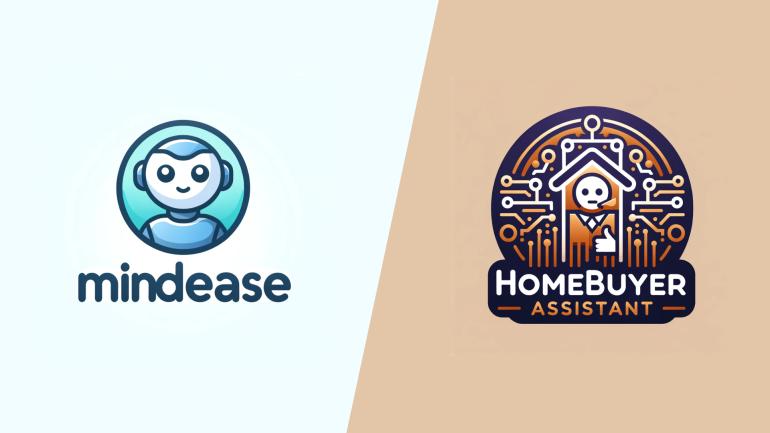
“Mindease” addressed crisis prevention for men’s mental health by providing something to talk to in the form of an AI programmed to talk them down from catastrophizing ideas. Users might feel more comfortable talking through their problems with the AI which is incapable of judging them, yet very capable of offering useful advice.
The team’s secondary idea, “Homebuyer Assistant”, was also an AI chat assistant but this time designed to assist users through the home buying process. The complexity of buying a home and all the parties involved from solicitors to landlords and estate agents to mortgage brokers is often an overwhelming task. The AI would be programmed to assist users through each stage of the process and be able to offer unbiased advice relevant to each user's particular circumstances as well as the conditions of the market.
Tango and Cache were criticised for not presenting a route to monetisation but received a lot of praise for having a ‘purpose beyond profit’.
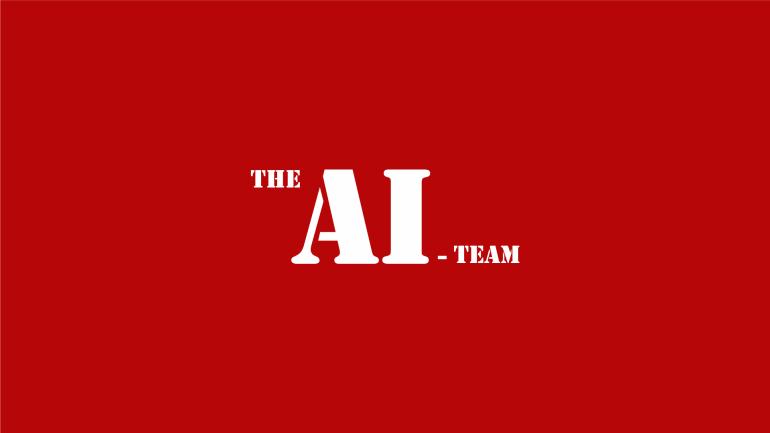
Team 3: The AI Team
Idea: Sustainaforce, a workforce rewards programme coupled with a corporate sustainability recognition scheme.
The AI team began with a critique of corporate sustainability certifications. Companies can apply to be certified ‘sustainable’ without a regulating body monitoring which companies are actually behaving sustainably. There are huge differences between how different certifications define sustainability, etc.
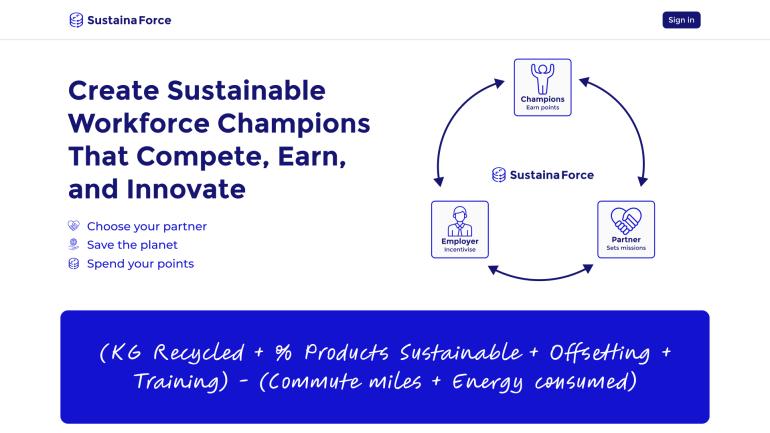
Their solution quantified each company’s sustainability with an algorithm designed to balance the actions of the company as a whole with the actions of their employees. This incentivises each individual employee to work and live more sustainably. The algorithm helps to define exactly what sustinability means for Sustainaforce, being linked to qualities such as 'total commute mile Co2 emitted' and 'kg per employee recycled sustainably'. Sustainaforce then rewards the most sustainable companies and employees in partnership with company promotions and offers similar to solutions like Perkbox. Accolades are awarded in a leaderboard format.
The idea was criticised for being too big and requiring too much initial investment to be feasible. However, it was praised for being an innovative and proactive way of having a positive impact on the planet, businesses and individual lives.
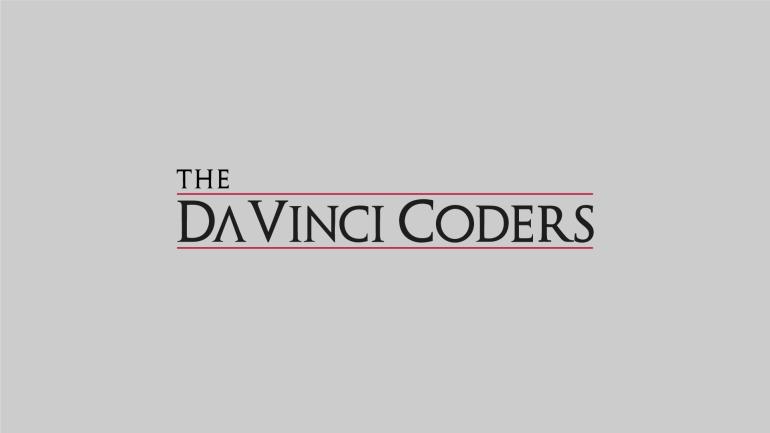
Team 4: The da Vinci Coders
Idea: Crawl Party, a gamified pub crawl experience and app.
In true hacker spirit, The da Vinci Coders insightfully monopolised on the entertainment factor, giving a presentation that got a lot of laughs from their audience.
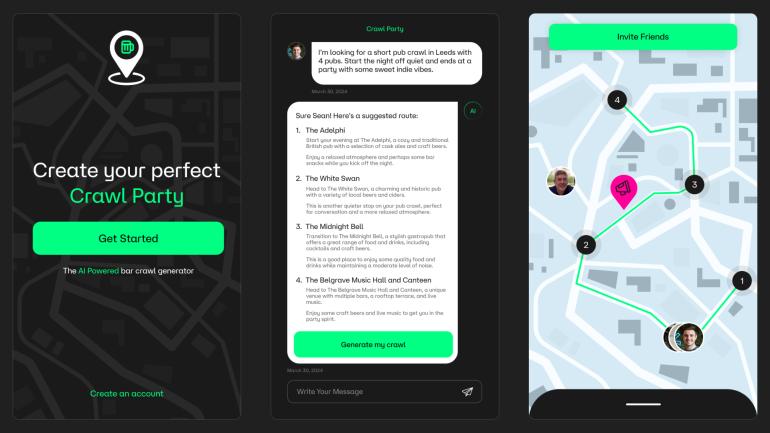
Crawl Party, their proposed app enables users to plan pub crawls and compete in many fun drinking related games. Of course, all driven by tech and data. One feature “top crawler” awarded users said accolade for going on the most pub crawls. Another helped users find lost mates on a night out.
The crowd may have applauded the entertainment value of the idea and presentation, but the idea was rightfully criticised for encouraging toxic behaviour and alcoholism.
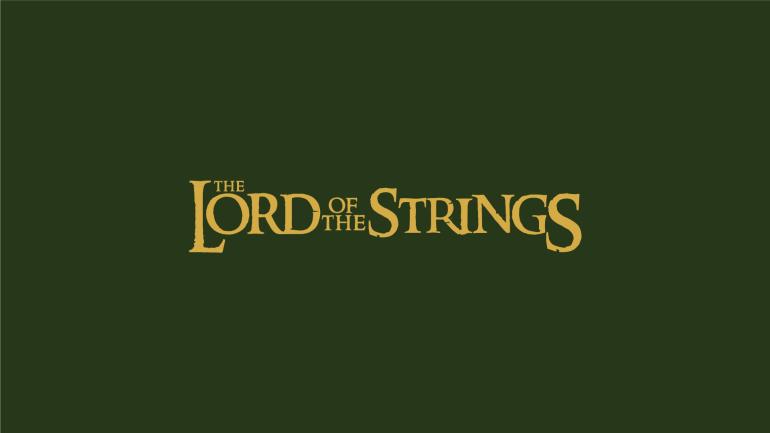
Team 5: Lord of the Strings
Idea: Cybil, a streaming service combining, multiplayer recommendation engine.
We’ve all been there. Settled down for a night in with the tele but end up paralysed by choice and in a tiff with our better halves. Too many shows and movies across all the streaming services, and no way to agree between different members of your household.
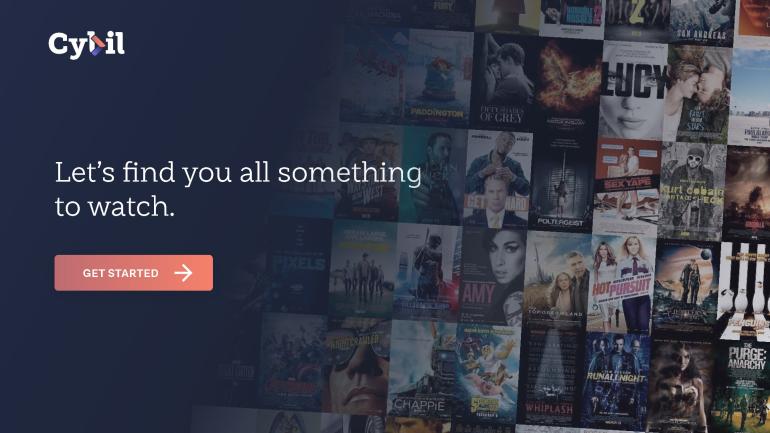
Cybil is here to help! Combining the preferences and recommendations of each person watching with a rapid-fire survey sent to each person’s device. Cybil makes more palatable recommendations from across all available streaming services.
The idea was praised for its monetisation model which conservatively estimated a decent profit while offering end users a free service by monopolising on streaming services’ affiliate marketing models. However, some did point out that the existing recommendation engines within streaming services are incredibly advanced systems that would be difficult to rival in the long term.
The Winning Innovation
Voting was extremely close (participants weren't allowed to vote for themselves, of course) with each team receiving 4 votes each, leaving the deciding vote down to Tracy, our Office Manager, who did a brilliant job organising the days necessities rather than participating in the challenge. This very fairly meant the ideas would be judged on the quality of the idea rather than having any design or technical development bias. Tango and Cache emerged as the winners, proving that sometimes, taking on a double challenge pays off. Their AI solutions for mental health and home buying earned the team Apple goodies and Tribus as a whole earned satisfaction and a well earned beverage, cheers!
Conclusion: A Testament to Tribus’ Commitment to Innovation
The Tribus Hackathon 2023 was more than just a competition; it was a reflection of our dedication to pushing the envelope in technology and serving our clients innovatively. This event showcased the immense talent within Tribus and our relentless pursuit of progress. At Tribus, we're not just keeping up with the future; we're actively shaping it.







